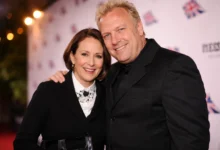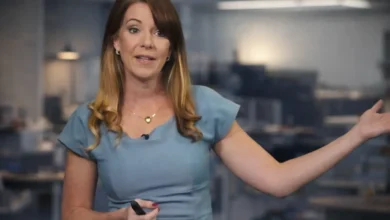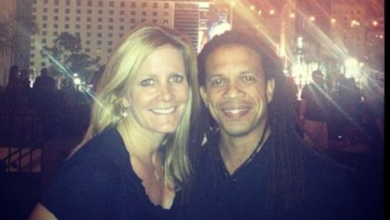Lucy Williamson A Profile of Courage, Clarity, and Commitment
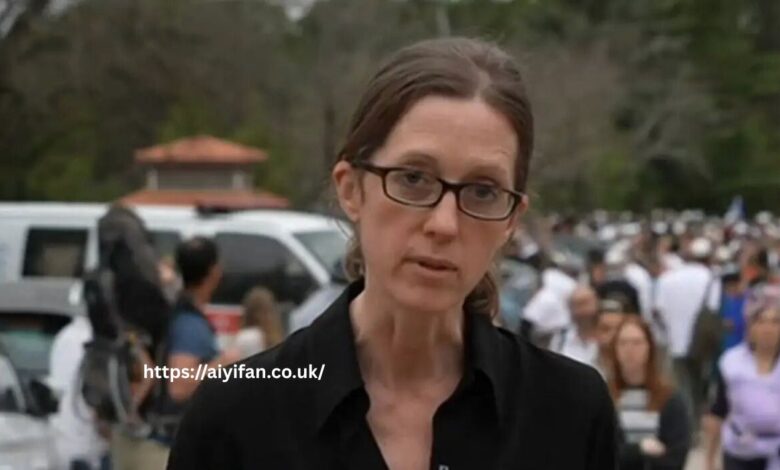
Lucy Williamson has become one of those journalists whose work you simply trust. When she reports, you believe she’s seen the story, felt the stakes, and carried its weight not just as breaking news but with depth, heart, and responsibility. As the BBC’s Middle East correspondent (via France, Korea, and Indonesia), she’s covered some of the world’s toughest stories, and yet what makes her stand out is not just her access it’s how she tells what she’s seen.
Early Life & Education
Very little about Lucy’s childhood is broadcast widely, which in a way suits her style: more focused on what she does, less about self‑promotion. What is public is that Lucy studied at London South Bank University, where she cut her teeth preparing for journalism. That education grounded her, gave her tools not just to observe, but to ask: What’s beneath the moment? What does this mean for people on the ground?
The Road to BBC & Journalism
Lucy’s journey wasn’t built overnight. For many like her, it’s long hours, difficult assignments, travel, uncertainties. She worked through the ranks, gaining experience in different countries France, Korea, Indonesia bringing a global view to her reporting. It’s one thing to cover a story from afar; Lucy has gone in. She’s been in places of crisis, of political change, of cultural friction.
It was her move into Middle East reporting that really tested her mettle. The region isn’t simple: politics, religion, identity, conflict, hope, despair often all mingled. Lucy doesn’t shy away. She aims to show the human side of the headlines.
What Defines Her Reporting
Here’s what I think makes Lucy Williamson’s journalism powerful:
- Clarity without sensationalism: She digs into facts, context, history. If there’s complexity, she doesn’t over‑simplify but she finds ways to help non‑experts understand what’s at stake.
- Human stories first: Even in war zones or diplomatic crises, she looks for people: their fears, their hopes, the everyday struggles. It brings credibility and empathy.
- Courage & presence: To report from conflict zones or from places where press is under pressure takes guts. Lucy has shown she’s willing to be where many won’t, or can’t.
- Balance & fairness: Not always easy, especially when facts are contested or when people want you to take a side. But audiences trust her because she tries to show multiple angles, to let those impacted speak for themselves.
Major Assignments & Highlights
While I can’t list every assignment, here are a few key moments that show what Lucy has done:
- Reporting from the Middle East, including in conflict areas where civilians are caught in crossfires giving voice to those often unheard.
- Analysis of political unrest, elections, cultural shifts she’s not just on the scene; she steps back and asks: What does this mean long term?
- Working through dangerous environments, where access is hard, safety is uncertain. But she still gets the story out.
Personal Qualities
From what’s visible publicly and what’s come from interviews:
- She has a sense of calm under pressure. When things are chaotic both on the ground and in the newsroom those qualities help.
- Persistence. Some stories take weeks or months to piece together. She doesn’t settle for the first version; she verifies.
- Empathy. You can see this not just in what she covers, but how she covers it. She respects the dignity of the people she interviews.
- Adaptability. Moving across regions (France, Korea, Indonesia, Middle East) she learns languages, customs, cultural cues; she doesn’t “parachute in” and impose an outsider’s view.
Challenges She Faces
Reporting from conflict zones or places with restricted press freedom isn’t easy. Some of the challenges Lucy Williamson faces likely include:
- Risk to personal safety: From violence, political threats, even being detained or censored.
- Ethical dilemmas: When to show what’s necessary, when to protect vulnerable people’s identities.
- Pressure of speed vs. accuracy: In the race to break news, the temptation is to go fast. But Lucy’s reputation suggests she leans toward being right over being first.
- Emotional toll: Witnessing trauma, destruction, suffering these leave marks. It takes resilience to keep going without losing integrity.
Impact & Why It Matters
Lucy Williamson’s work matters for many reasons:
- Informing the public: People far from conflict or politics need accurate, grounded reporting. Lucy helps us see why things are happening, not just what’s happening.
- Holding power to account: Governments, organizations, leaders all are scrutinized when someone faithful to fairness is watching. That’s essential in a democracy.
- Amplifying unheard voices: The refugees, the displaced, the ordinary person caught in political crossfire they’re often missing in the bigger narrative. Lucy brings them into view.
- Building understanding: Conflict, culture, identity they’re messy. Her stories help us understand nuance, and that helps reduce polarization, misunderstanding.
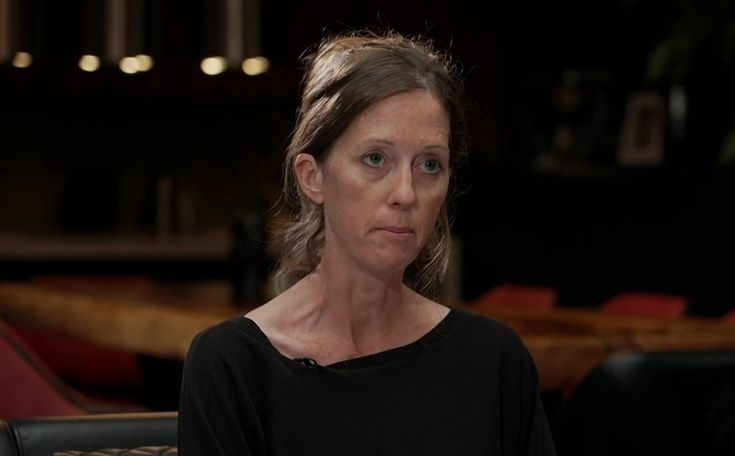
Recognition, Presence & Media
Lucy Williamson is verified on platforms like Muck Rack, where her profile lists her as BBC Middle East Correspondent, via France, Korea & Indonesia.
She also has a strong social media presence (e.g., X/Twitter) where she shares on‑the‑ground updates, reflections, sometimes photos or references to her reports.
Her articles appear on outlets like BBC News, and are syndicated in places like MSN, The Mirror, etc.
What We Don’t Know (but Wonder About)
Because Lucy is serious about her work more than her celebrity, some personal details are not widely shared. For example:
- Her exact age is rarely published.
- Her background (family, early influences) is less in the spotlight.
- How she decompresses how she balances mental health in a very stressful job.
Yet these missing pieces are also part of what makes her reporting seem more authentic: she doesn’t cultivate a public persona beyond what’s needed for the work. She lets the story be the star.
Conclusion
To me, Lucy Williamson represents what ideal journalism can be: brave, curious, fair, grounded, human. She doesn’t glamour‑ize suffering; she also doesn’t shy away from moral complexity. When you read or watch her work, you often leave with more than facts you leave with understanding and often compassion.
If you want to keep up with her: look for her BBC pieces, follow her on social platforms, check where her stories are syndicated. Her work not only tells you what’s happening it helps you see the cost, the people, the hopes and fears behind the headlines.

